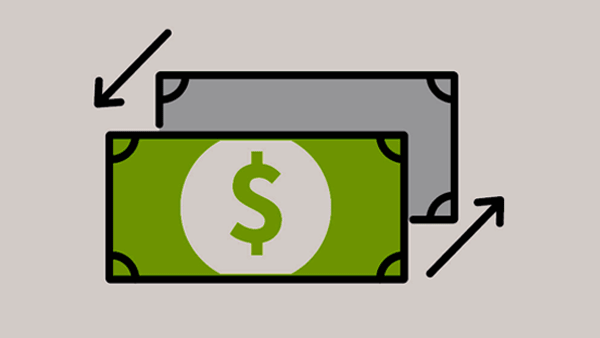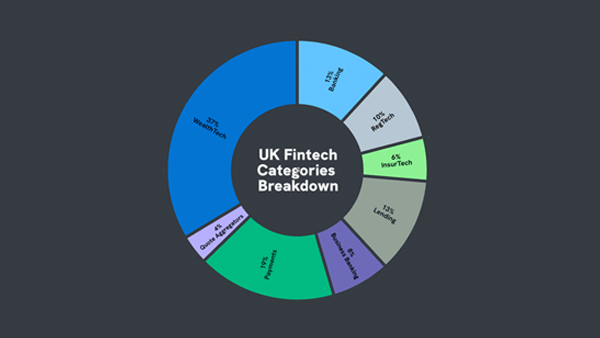
Stocks, also known as shares and equity, are units of a company. Imagine a pie being divided into a million or so pieces. These pieces are then offered to investors.
Anyone can be an investor and buy stocks. Investors invest in companies that they believe will perform well in the short or long term, and therefore their investment will reward them financially. This would either be via dividends paid out for every stock owned by the investor, or by the stock price increasing over time. Thus, increasing the worth of their investment. Stocks can be bought via a bank or brokerage account.
Through the purchase of the stock, the investor will gain partial ownership of the company. However, that doesn’t mean that anyone who owns a bunch of shares or stocks in a company could waltz into the head office, demand a corner office with a Jacuzzi and a free flowing champagne fountain. Rather, investors usually trust the company’s CEO and Board of Directors to run the operation smoothly and profitably. Therefore, they let them get on with their jobs, rather than interfering.
Some stocks give the investor voting rights and some are non-voting stocks. With voting stocks, the investor is invited to shareholder meetings and can partake in the elections of the board or vote on mergers. How much of voting rights an investor has depends on the amount of stocks an investor is holding. Non-voting stocks on the other hand can offer an advantage. Either in terms of higher dividend payouts, lower entry price, or guaranteed dividend. These can be attractive to those investors who are not interested in the influential power of voting-stocks.
Some stocks receive dividend payments. Dividends are paid per stock or share unit. Dividend payouts can occur annually, semi- annually or quarterly. Dividends are usually paid by older, more entrenched companies rather than start ups, as the dividends are paid from the profits of a company. If you want to find out more, check our post about dividends.








